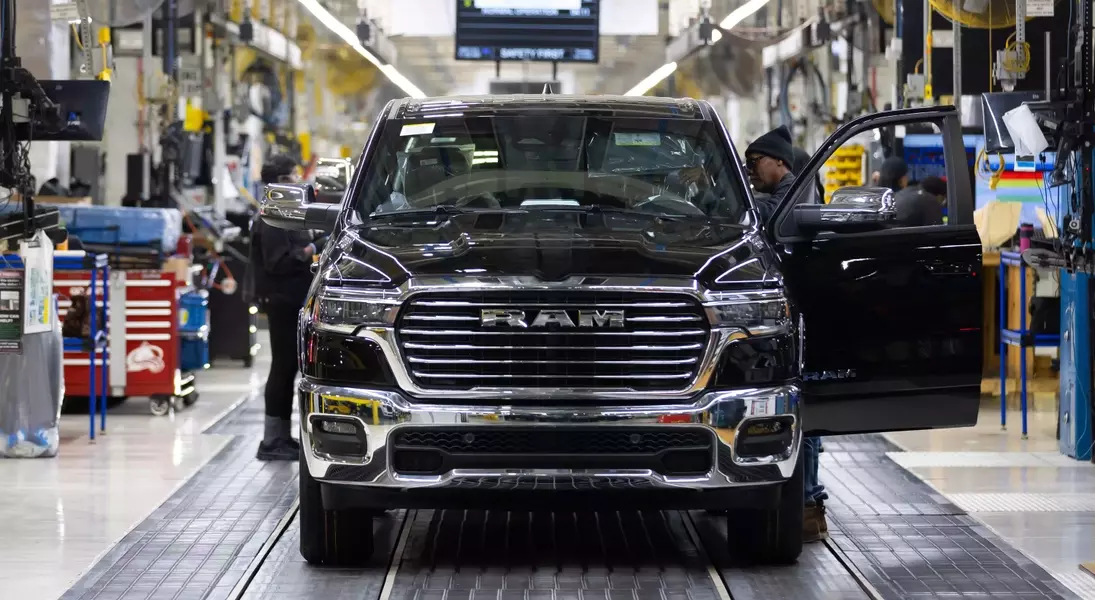
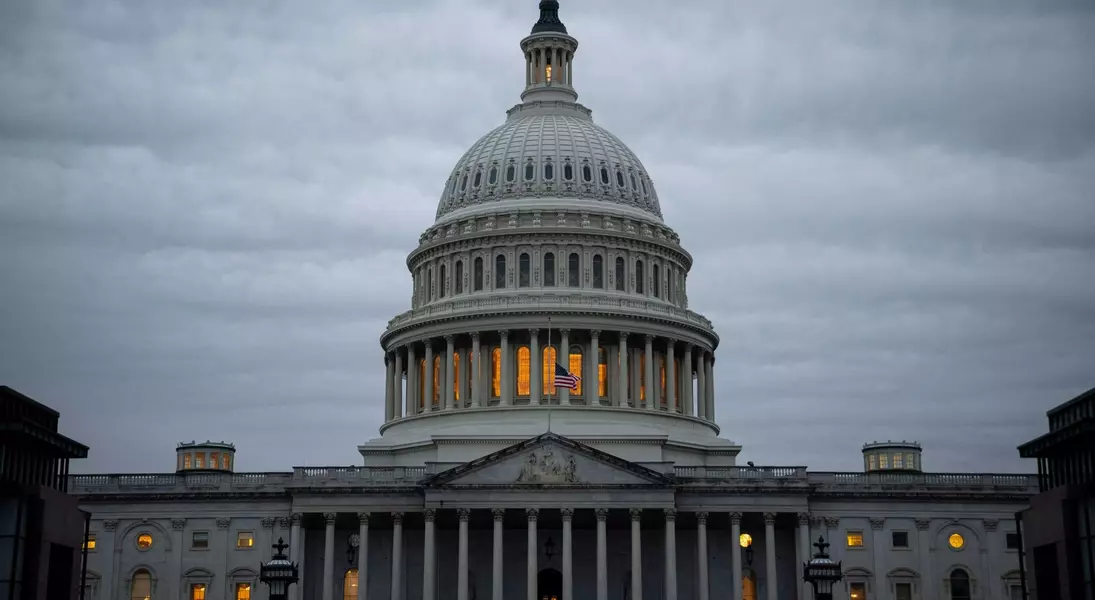
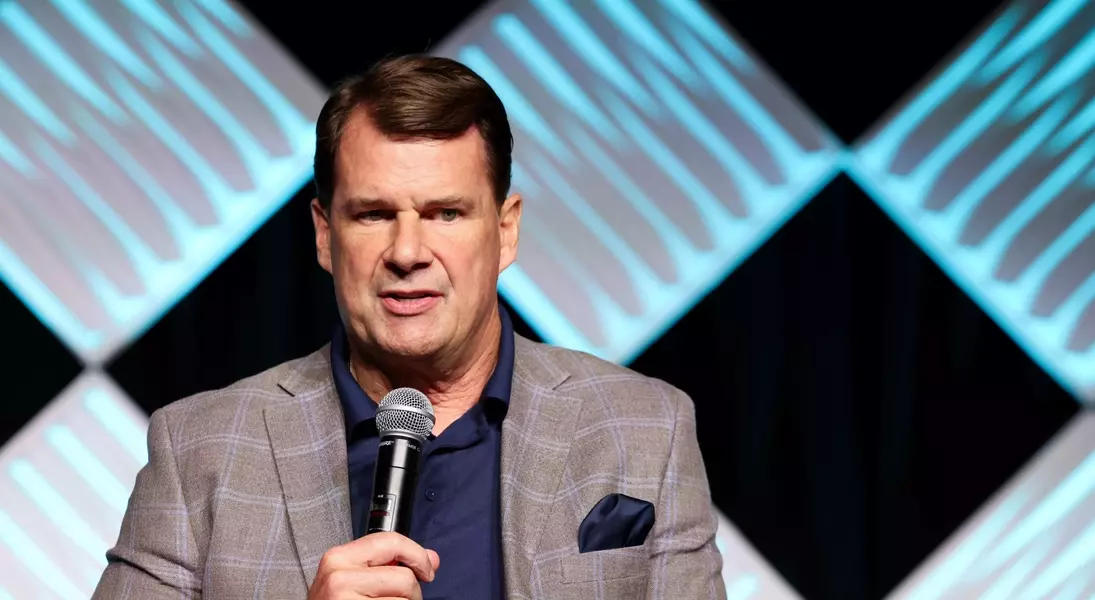
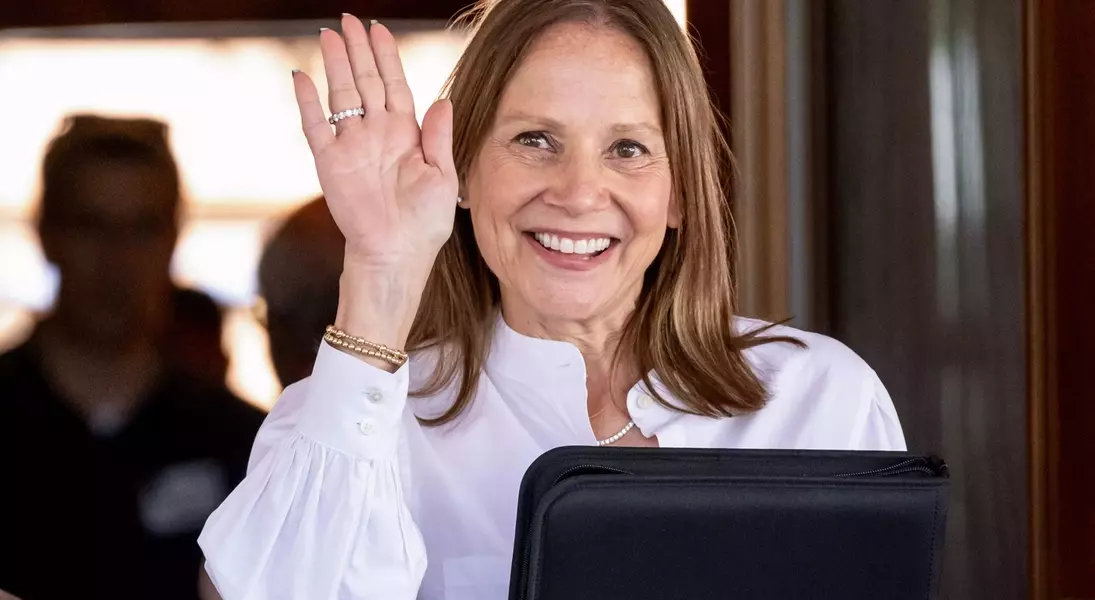
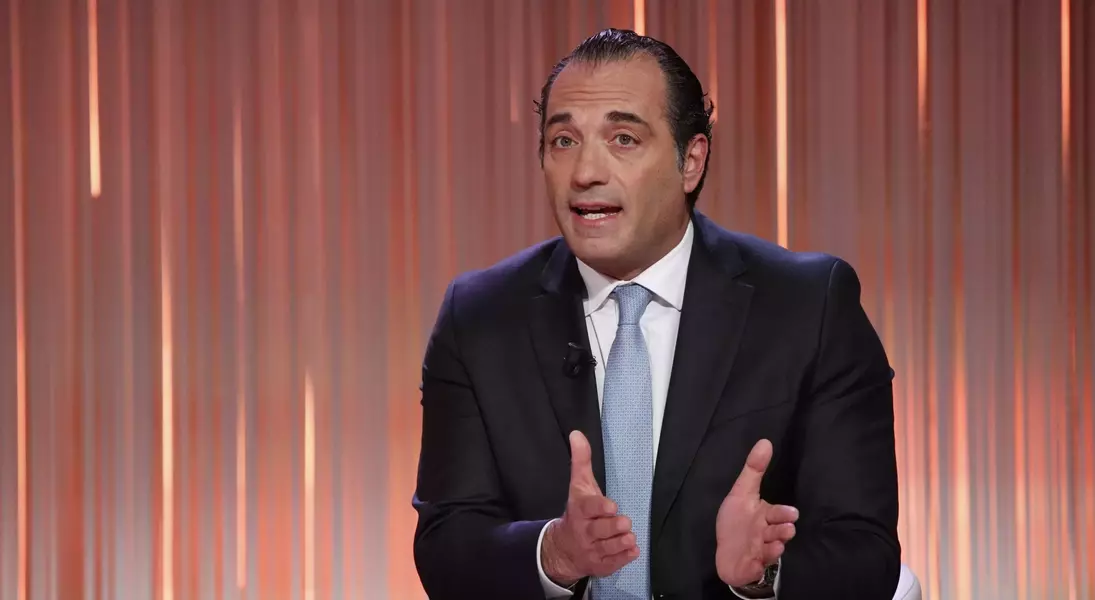


Navigating the Road Ahead: Auto Industry Leaders Confront Congressional Scrutiny
Historic Congressional Summons for Detroit's Automotive Chiefs
In a landmark development, the Senate Committee on Commerce, Science, and Transportation has called upon Jim Farley of Ford, Mary Barra of General Motors, and Antonio Filosa of Stellantis to provide public testimony. Scheduled for January 14, this hearing represents the first time in over fifteen years that the heads of these prominent Detroit-based automakers will collectively address Congress. This unprecedented gathering underscores a renewed focus on the sector's trajectory and its pivotal role in national transportation and economic policy.
Examining the Escalating Costs of Automotive Ownership
The upcoming congressional session, aptly titled “Pedal to the Policy: The Views of the American Auto Industry on the Upcoming Surface Transportation Reauthorization,” aims to dissect the reasons behind the surging costs of vehicles for American buyers. Senator Ted Cruz, chairman of the committee, asserts that stringent global warming regulations and mandatory technological integrations have significantly contributed to this trend. The committee points to a dramatic increase in average new car prices, which have more than doubled since 2000, attributing much of this rise to government mandates rather than market forces.
Unpacking Regulatory Impacts and Market Dynamics
Beyond vehicle affordability, the hearing is expected to tackle various critical issues facing the automotive industry. These include fuel efficiency and emissions standards, trade tariffs, federal policies impacting electric vehicles, and the intricate dynamics of new vehicle pricing. Lars Moravy, Vice President of Vehicle Engineering at Tesla, is also slated to testify, offering insights from a leading EV manufacturer. Senator Cruz emphasized that the hearing's primary objective is to clarify the complexities of the automotive landscape and identify factors driving up costs, ultimately seeking solutions to enhance competition and consumer choice.
Political Engagement and Trade Agreement Implications
The congressional engagement extends beyond domestic policy, touching upon international trade agreements. The hearing occurs as a mandatory review of the United States-Mexico-Canada (USMCA) free trade agreement looms, with a critical deadline of July 1 for renewal or renegotiation. This backdrop adds another layer of complexity, as the automotive executives may be questioned on the impact of such agreements on manufacturing, supply chains, and the competitiveness of American auto workers. The American Automotive Policy Council, a lobbying entity for GM, Ford, and Stellantis, has previously voiced concerns over trade deals that could disadvantage North American-built vehicles, illustrating the industry's active role in shaping policy discussions.
